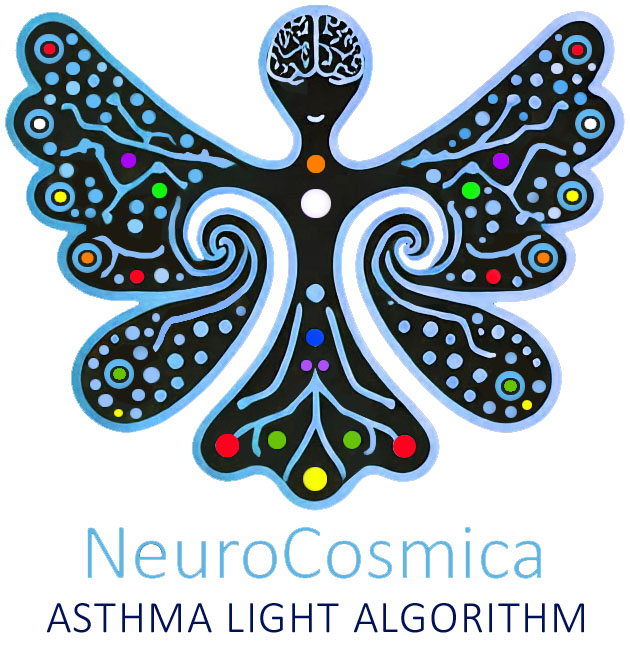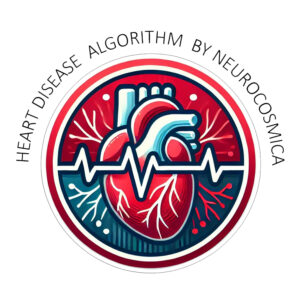Brief Description of Asthma: Asthma is a chronic respiratory condition characterized by inflammation and narrowing of the airways, leading to difficulty breathing, wheezing, coughing, and shortness of breath. Asthma symptoms can vary in severity and are often triggered by allergens, respiratory infections, exercise, cold air, and stress. Proper management is essential to prevent asthma attacks and maintain quality of life.
Causes of Asthma: Several factors can contribute to the development of asthma:
- Genetics: Family history of asthma or allergies.
- Environmental Factors: Exposure to allergens such as pollen, dust mites, mold, pet dander, and tobacco smoke.
- Respiratory Infections: Infections in early childhood can affect lung function and increase the risk of developing asthma.
- Physical Activity: Exercise-induced asthma can cause symptoms during or after physical exertion.
- Occupational Exposure: Exposure to certain chemicals or dust in the workplace.
- Air Pollution: Pollutants and irritants in the environment can trigger asthma symptoms.
Recommended Exercise Routine for Individuals with Asthma: Regular physical activity can help manage asthma symptoms, improve overall well-being, and enhance lung function. Here are some exercise recommendations:
- Moderate Aerobic Exercise: Engage in moderate-intensity aerobic activities such as walking, swimming, or cycling for at least 150 minutes per week. Swimming is particularly beneficial as the warm, moist air can help reduce symptoms.
- Strength Training: Include strength training exercises two to three times a week to build muscle mass and maintain bone density. Use light weights, resistance bands, or body-weight exercises like squats and push-ups.
- Flexibility Exercises: Incorporate stretching exercises to improve flexibility and reduce muscle tension. Yoga and gentle stretching can also enhance relaxation and improve breathing techniques.
- Breathing Exercises: Practice deep breathing exercises and diaphragmatic breathing to enhance lung capacity and control breathing. Techniques such as pursed-lip breathing can be beneficial.
- Warm-Up and Cool-Down: Always include a proper warm-up and cool-down to prepare the lungs and reduce the risk of exercise-induced asthma symptoms.
- Consistency: Maintain a regular exercise routine, but listen to your body and avoid overexertion. Modify exercises as needed based on energy levels and respiratory condition.
Healthy Diet Recommendations for Individuals with Asthma: A balanced diet can support overall health, reduce inflammation, and improve lung function. Here are some dietary recommendations:
- Fruits and Vegetables: Consume a variety of colorful fruits and vegetables rich in vitamins, minerals, and antioxidants to support immune function and reduce inflammation. Foods high in vitamin C, such as oranges, strawberries, and bell peppers, can be particularly beneficial.
- Whole Grains: Choose whole grains like brown rice, quinoa, oats, and whole wheat bread to provide sustained energy and support digestive health.
- Lean Proteins: Include sources such as fish, poultry, beans, legumes, and low-fat dairy to support muscle health and repair.
- Healthy Fats: Incorporate healthy fats from sources like olive oil, avocados, nuts, and seeds to support brain health and reduce inflammation. Omega-3 fatty acids found in fish like salmon and flaxseeds can be particularly beneficial.
- Hydration: Drink plenty of water to stay hydrated and support overall bodily functions. Proper hydration helps thin mucus in the airways, making it easier to breathe.
- Fiber: Eat high-fiber foods to promote digestive health and prevent constipation. Include foods like fruits, vegetables, whole grains, and legumes.
- Antioxidant-Rich Foods: Include foods rich in antioxidants, such as berries, dark leafy greens, and green tea, to help protect cells from damage.
- Avoid Trigger Foods: Identify and avoid foods that may trigger symptoms, such as sulfites found in wine, dried fruits, and processed foods.
NeuroCosmica: Potential Benefits of Light Algorithms for Asthma
1. Enhancing Respiratory Function: Light algorithms can use specific colors like blue and green to support respiratory function, promoting clearer airways and improved lung capacity.
2. Reducing Inflammation: Light therapy can help reduce the inflammation associated with asthma, providing relief from symptoms and improving overall lung function.
3. Alleviating Stress and Anxiety: Managing asthma can be stressful. Light therapy with calming colors such as blue and violet can help alleviate stress and promote relaxation, which can positively impact overall well-being.
4. Improving Sleep Quality: Asthma can disrupt sleep due to nighttime symptoms. Light therapy can help regulate circadian rhythms and improve sleep quality, leading to better rest and overall health.
5. Boosting Immune Function: A strong immune system is crucial for managing asthma. Light therapy can support immune function, helping the body to better manage symptoms and reduce the frequency of asthma attacks.
6. Promoting Emotional Balance: Emotional stability is crucial for managing asthma. Light algorithms can help regulate emotions, preventing mood swings and fostering a balanced emotional state.
7. Enhancing Mental Clarity and Focus: Managing the demands of asthma can cause stress and affect cognitive functions. NeuroCosmica’s light therapy can enhance mental clarity and cognitive functions, making it easier to stay focused and productive.
8. Encouraging Positive Mindset: A positive mindset can significantly impact the well-being of individuals with asthma. Light therapy can promote feelings of optimism and resilience, helping them approach their condition with a positive attitude.
9. Creating a Positive Environment: Using light therapy to create a serene and uplifting environment can enhance overall satisfaction and comfort during asthma management.
Integrating NeuroCosmica’s Light Algorithms into the care plan for individuals with asthma can provide a unique and effective approach to enhancing their overall well-being. The holistic benefits of light therapy address various aspects of health, helping to reduce inflammation, support respiratory function, improve mood, and ultimately improve the quality of life for those managing asthma.
Important Note: Remember that NeuroCosmica treatments and/or recommendations should not replace the recommendations, treatments, and prescriptions of your doctor, specialist, psychologist, or other professional currently treating you.




Reviews
There are no reviews yet.